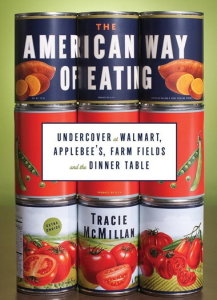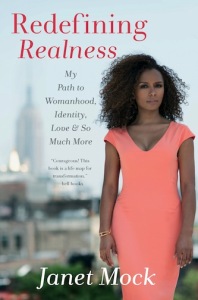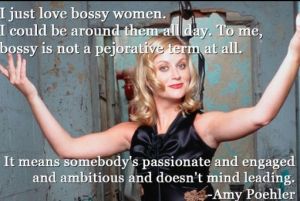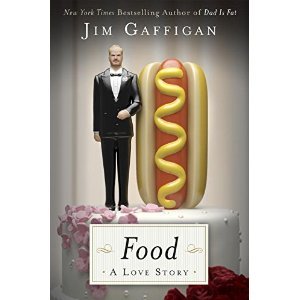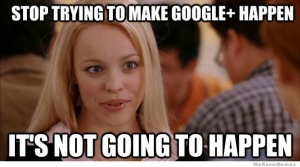The American Way of Eating
Written by Ashley Kelmore, Posted in Politics, Reviews
Two Stars
Ms. McMillan decided to explore how food works in the U.S. To do this, she took a decidedly Barbara Ehrenreich approach: she went out and worked in the field. Literally. She chose to seek work in the California central valley as a farm worker, in Michigan as a Wal-Mart supercenter grocery employee, and as a cook at Applebee’s in Brooklyn, New York. She allowed herself a small cushion of funds with each new job to help with finding a place to live in her new cities, but if she ran out, she did what people who don’t have nest eggs to pull from: she took out an advance on her credit card, or just went without.
Each section starts out with a page that lists her hourly earnings, what that would translate to weekly and annually after taxes, as well as what percentage she spent on food, broken down by eating out and cooking at home. As expected, the work she did was hard, the money she earned was ridiculous, and in many cases it was just easier to eat shitty food than to find the money or energy to cook well.
Some of the author’s observations are quite interesting and good to see; her main take-away is that healthy eating isn’t just about the availability of fresh food, as so many campaigns want us to believe (have you had that ‘food desert’ ad, featuring two kids, in an endless loop on Hulu like I have? I now loathe that ad). It’s also about having a solid education in how to cook (which so many of us don’t), a job that provides the wages AND the time and energy to do that cooking, and a supportive public system like adequate healthcare and child care to allow people to cook instead of eating out.
From my perspective, the most surprising thing was how little cooking actually happens at a restaurant like Applebee’s. I spent one summer working as a hostess and busser at a local restaurant, and other than the giant vat of butter we kept cooling in a sink from which we would scoop a dish to bring out to the fancy tables, everything appeared to be cooked and prepared in the kitchen. Not so with Applebee’s. Yikes.
This book is written pretty well. She manages to weave in statistics and other information in well, and I found her sections on Wal-Mart and the private food supply chain to be very interesting. However, and I knew this going into reading the book – why did SHE need to tell this story? A college-educated, white woman? Come on. Couldn’t she have actually interviewed people who had their own stories to tell? I mean, obviously she did do that to a degree, but this was the Tracie McMillan story, and it absolutely did not have to be. I mean, at one point she is hired on part-time at a Wal-Mart outside of Detroit, and all I could think was that she was taking a job away from someone who actually needed it. I couldn’t get over it, and I don’t necessarily think this book needed to be written in this way. I’m not recommending it, mostly because I think there are a lot of other, better ways to learn about these industries, that don’t involve taking jobs away from people who need them, or replacing the voices of poor people, many of whom are people of color, with the voice of a middle-class white woman.
